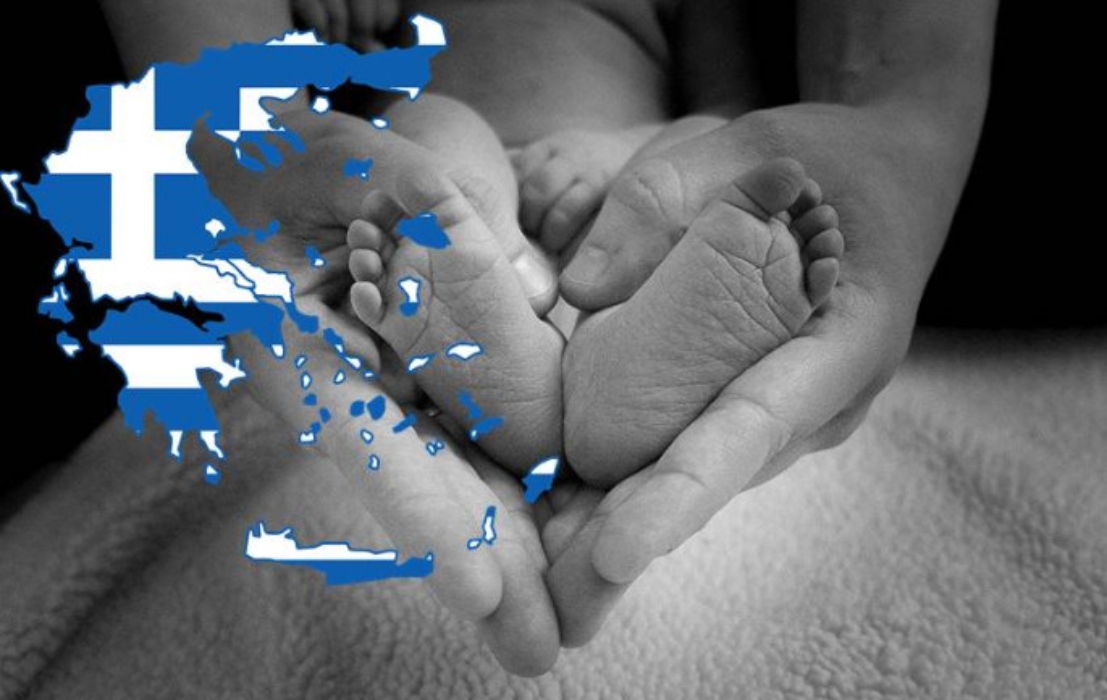Greece is not just facing a demographic challenge. It is confronting a demographic emergency.
Population decline in the country is no longer a distant warning projected by statisticians. It’s already visible in everyday life — in the closing of rural schools, the silent villages, and the hesitation of young people to start families. It is, in the words of Prime Minister Kyriakos Mitsotakis, “an existential threat.”
This is the issue the BBC’s “World Questions” brought to the forefront, asking: How should Greece address its population decline?
The Numbers Are Alarming – But the Impact Is Real
Greece is projected to lose 25% of its population by 2050, and potentially half by 2100. Already, over 600,000 people have left the country in the last decade. Birth rates are plummeting, while life expectancy rises — leading to a dangerous imbalance between workers and retirees.
The consequences?
- A shrinking labor force
- Strain on the pension system
- Declining rural economies
- Increasing social insecurity among youth
This is not just a demographic issue. It’s a national crisis in slow motion.
What the Experts Are Saying
In the BBC panel discussion, several Greek voices highlighted a roadmap for action:
Education Minister Sofia Zacharaki emphasized:
- Better-paying jobs for young people
- Raising the minimum wage
- Support for first-time home buyers
- Extended maternity leave and early childhood care
- Fiscal incentives for moving to rural areas
Journalist Xenia Kounalaki warned that without sustained immigration, Greece’s population could be cut in half by 2100. Integration and acceptance of migrants are not optional — they are essential to sustaining the workforce and the economy.
Analyst Yannis Koutsomitis stressed that while government measures are a step in the right direction, the key problem is psychological insecurity. Young people are afraid of the future. They feel unsupported and unable to start families in today’s Greece.
PASOK MP Pavlos Geroulanos took a broader view: the three major crises of the past decade — economic collapse, migration pressure, and demographic shift — have weakened community life and eroded trust. Bureaucracy and lack of opportunity are driving young Greeks away.
Tourism: Economic Lifeline or Overload?
The conversation shifted to Greece’s “heavy industry” — tourism.
In 2024, Greece welcomed over 40 million tourists, generating more than $25 billion in revenue. Tourism is a lifeline for the Greek economy — but also a source of strain, especially on infrastructure in the islands.
Koutsomitis pointed out that over-tourism is overwhelming regions like the Cyclades, and the government is not investing enough in infrastructure.
Geroulanos argued for economic diversification through agritourism, health tourism, and sports tourism — sectors that can both revitalize rural Greece and reduce dependence on seasonal tourism.
Zacharaki praised innovative models in northern Greece where young people are returning to start sustainable businesses in wine, food, and nature tourism.
“These are beacons of hope,” she said, “showing how we can shift away from the pressures of overtourism.”
Gree
Immigration: Not a Threat, But a Necessity
ce has been at the frontline of immigration for decades. In 2025 alone, 25,000 migrants arrived, including 10,000 in Crete. Rather than viewing this as a problem, the panelists proposed a shift in thinking.
“Migration is not a problem. It’s a phenomenon. It cannot be stopped — it must be managed.”
– Xenia Kounalaki
Geroulanos added that despite external perceptions, Greece has done remarkably well in integrating migrants, especially in schools and local communities.
“We have inspired people to become Greeks,” he said.
Still, Koutsomitis raised the issue of filtering — questioning whether Europe can or should accept everyone, and proposing processing centers in North Africa to ensure better management.
Zacharaki focused on integration through education:
- Reception classes
- Language support
- Psychosocial assistance
- Access to vocational education — even for undocumented teens
A Nation at a Crossroads
Greece cannot afford to ignore its demographic decline. The issue is complex and urgent, requiring a multi-pronged strategy that includes:
- Economic incentives for families
- Support for rural revival
- Smart immigration policies
- Public investments in education, healthcare, and housing
- Restoration of trust among the youth
More than anything, Greece needs a vision. A future that inspires its people to stay, build, and believe again.
Because the true challenge is not just to reverse the numbers —It’s to reclaim the hope.
Source: pagenews.gr
